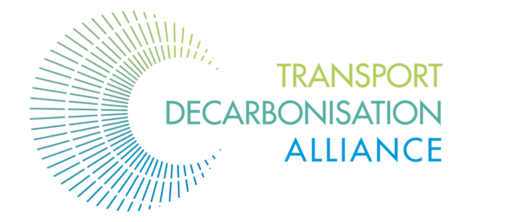CONTACT US!

For more information, inquiries on membership and collaboration, please contact TDA Project Coordinator Gabriela Mora at
gabriela.mora@tda-mobility.org
SUBSCRIBE TO OUR MONTHLY NEWSLETTER HERE!
[mc4wp_form id="2066"]
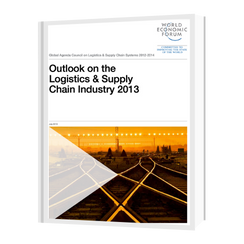
The Global Agenda Council on Logistics & Supply Chain Systems brings together practitioners and experts who work in the area of logistics broadly defined to span the operation of international supply networks. A distinguishing feature of the group is that the focus is on issues that are of concern to both users and suppliers of transport and third-party logistics (3PL) services. Users of these services include shippers and manufacturers spanning numerous industries, ranging from chemicals to electronics to food products. Suppliers include maritime shipping companies, the express industry and 3PL providers. The focus of the Council is on issues that affect the operation of global value networks and on the identification of initiatives that could be pursued to improve the operation of the global logistics industry.
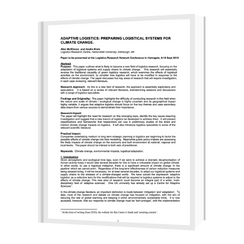
This paper outlines what is likely to become a new field of logistics research, focusing on the adaptation of logistical systems and supply chains to climate change. This research will essentially reverse the traditional causality of green logistics research, which examines the effects of logistical activities on the environment, to consider how logistics will have to be modified in response to the effects of climate change. The paper discusses five key areas of research that will require investigation, in each case reviewing relevant literature.
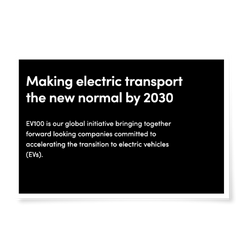
EV100 is our global initiative bringing together forward looking companies committed to accelerating the transition to electric vehicles (EVs).
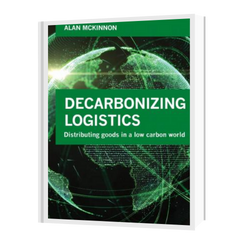
Logistics accounts for around 9-10% of global CO2 emissions and will be one of the hardest economic sectors to decarbonize. This is partly because the demand for freight transport is expected to rise sharply over the next few decades, but also because it relies very heavily on fossil fuel. Decarbonizing Logistics outlines the nature and extent of the challenge we face in trying to achieve deep reductions in greenhouse gas emissions from logistical activities. It makes a detailed assessment of the available options, including restructuring supply chains, shifting freight to lower carbon transport modes and transforming energy use in the logistics sector. The options are examined from technological and managerial standpoints for all the main freight transport modes.
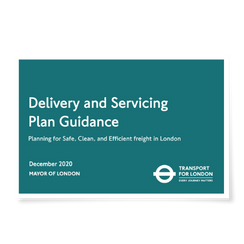
This document replaces the previous Guidance which was prepared for a past Mayor’s Transport Strategy (MTS) in London. It provides links to tools and templates to help you prepare a DSP. Planning authorities, such as London boroughs, also produce their own guidance which should be used. Good practice ideas and case studies are emerging all the time so please keep checking the TfL website: https://tfl.gov.uk/info-for/ urban-planning-and-construction/guidance-forapplicants.

Companies can implement the GLEC Framework in different ways. Companies with developed accounting and reporting systems and dedicated staff can do this themselves. Companies that have less developed systems or are starting with emissions accounting can call in the help of SFC or SFC-accredited partners.

Intelligent Energy – Europe (IEE) offered a helping hand to organisations willing to improve energy sustainability. Launched in 2003 by the European Commission, the programme was part of a broad push to create an energy-intelligent future for us all. It supported EU energy efficiency and renewable energy policies, with a view to reaching the EU 2020 targets (20% cut in greenhouse gas emissions, 20% improvement in energy efficiency and 20% of renewables in EU energy consumption).
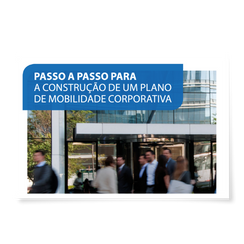
Company policies can play an important role in how employees travel to work, incentivizing different modes of transport and different travel behaviors. Corporate Mobility Plans outline integrated strategies that can create shifts to sustainable modes and bring benefits to the company, employees and the region.
This practical Portuguese-language guide from WRI Brasil Sustainable Cities enables managers and employees to create effective corporate mobility plans together in order to improve urban mobility for all.
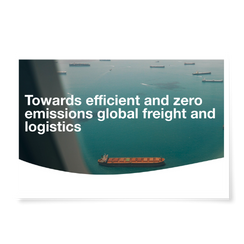
Smart Freight Centre is an international non-profit organization focused on reducing greenhouse gas emission from freight transportation. Our goal is to guide the global logistics industry to track and reduce its GHG emissions by 1 billion tonnes by 2030 and reach zero emissions by 2050 or earlier. We collaborate with our global partners to quantify impacts, identify solutions, and advocate logistics decarbonization strategies
CONTACT US!

For more information, inquiries on membership and collaboration, please contact TDA Project Coordinator Gabriela Mora at
gabriela.mora@tda-mobility.org
SUBSCRIBE TO OUR MONTHLY NEWSLETTER HERE!
